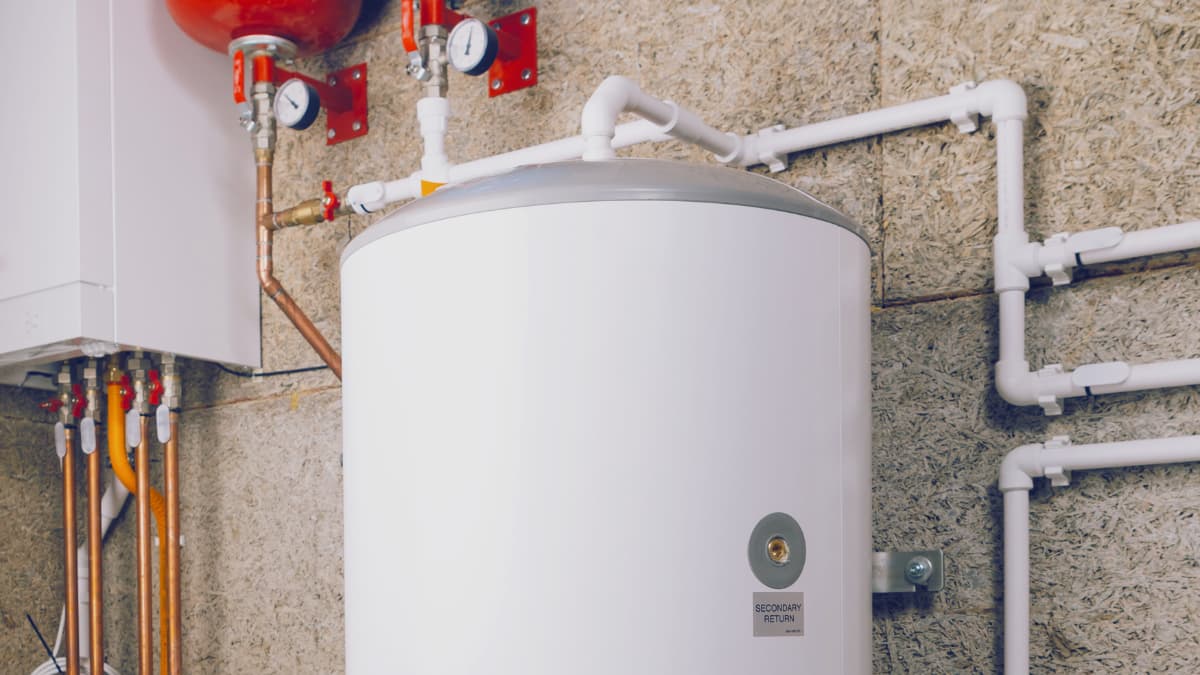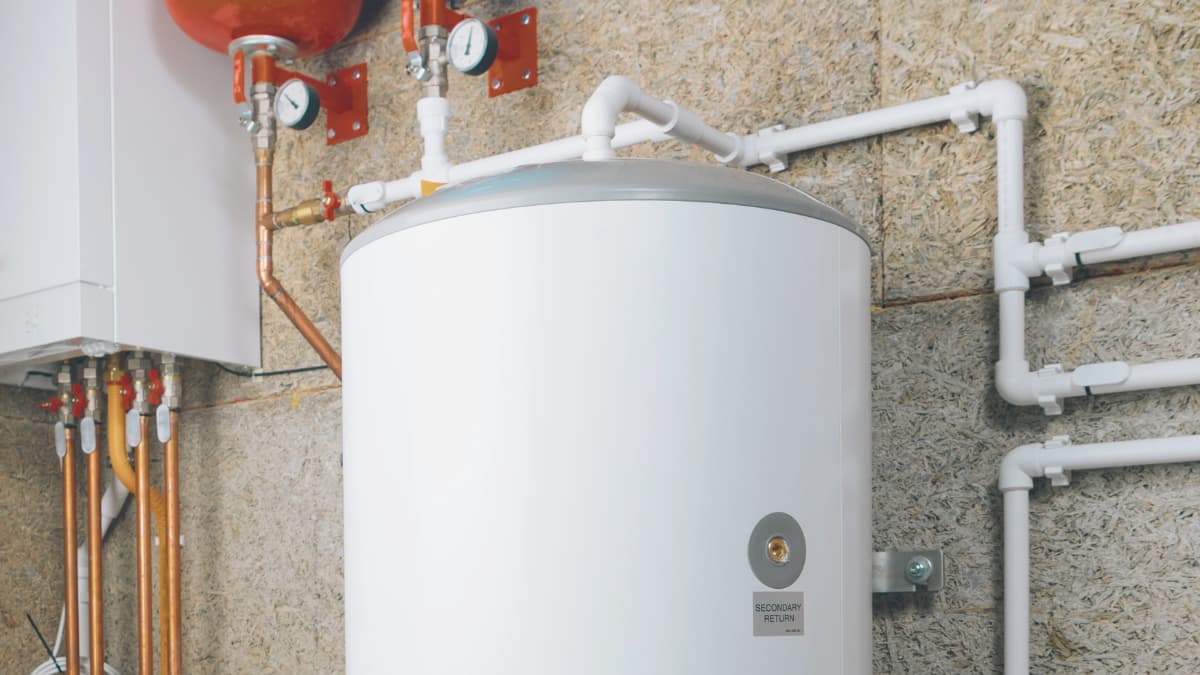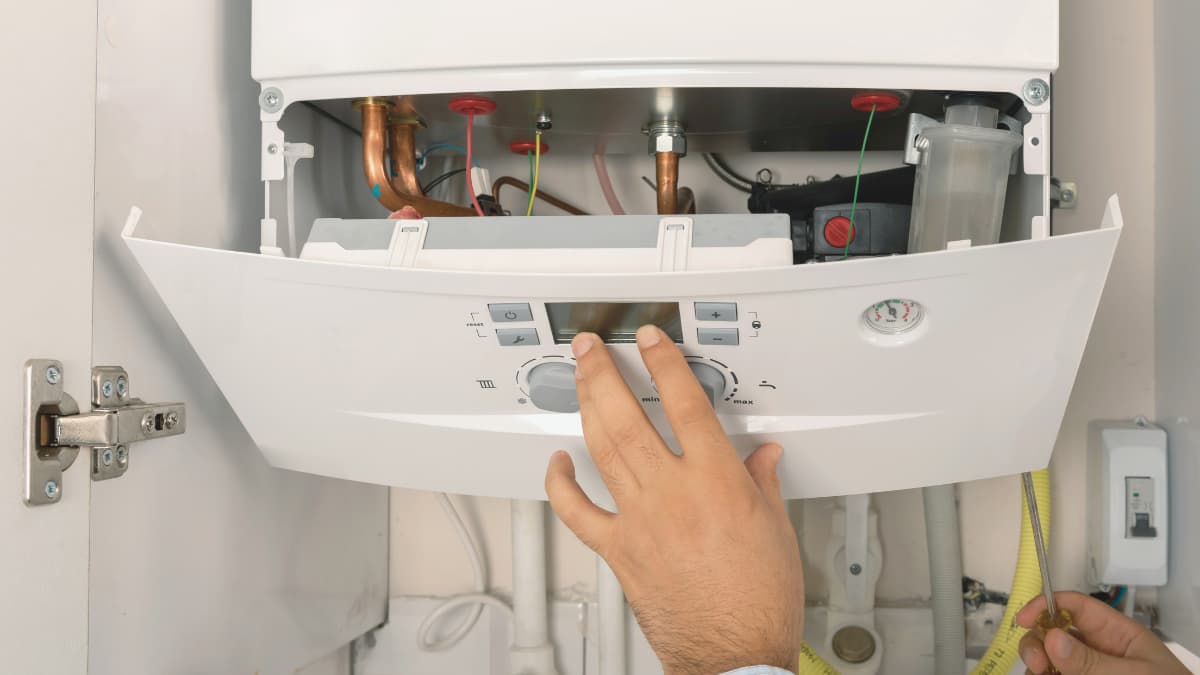The ACS Initial Assessment is the essential gateway for anyone wanting to become a fully qualified domestic gas engineer in the UK. It provides the accreditation needed to join the Gas Safe Register, which is a legal requirement for carrying out gas work in people’s homes. For many, it represents the moment they move from training into professional practice.
At Staffordshire Training Services, we understand that the thought of undertaking an initial assessment can feel daunting. That is why our programmes are designed to give candidates not just the technical knowledge they need, but also the confidence to demonstrate their skills in real-world scenarios. With the right preparation and guidance, this milestone is entirely within reach.
The ACS Initial Assessment
The Accredited Certification Scheme (ACS) Initial Assessment is designed to prove a candidate’s competence in domestic gas safety. It is suitable for:
- Learners who have recently completed a Managed Learning Programme (MLP) in gas works and are ready to take the next step.
- Professionals whose previous ACS CCN1 qualification has expired by more than 12 months.
- Candidates from other training centres who wish to become Gas Safe Registered.
By passing this assessment, learners gain their first ACS certification, which is recognised across the industry. This enables them to apply for Gas Safe registration and work legally on domestic gas installations and appliances.
ACS Course Duration and Delivery
The Initial Assessment is structured to allow candidates to confirm their knowledge while demonstrating their skills in a practical setting.
- Duration: Between 3 and 5 days, depending on the appliances chosen.
- Format: Self-study supported by the latest technical manuals, followed by centre-based assessments.
- Assessment Methods: Written question papers to confirm theoretical understanding, alongside hands-on practical tasks.
All assessments are carried out under controlled, industry-standard conditions at our purpose-built centre in Stafford. This allows candidates to work with the same appliances, equipment, and safety procedures that they will encounter in the workplace.
ACS Entry Requirements for Candidates
The ACS Initial Assessment is open to a wide range of learners, but specific entry criteria must be met. Candidates must have either:
- Completed a recognised Managed Learning Programme (MLP) in gas works, or
- Previously held an ACS CCN1 qualification that has expired for more than 12 months.
Importantly, you do not need to have completed your earlier training with Staffordshire Training Services to enrol. Our assessments are open to all suitably qualified candidates.
For those whose ACS certification has expired within the last 12 months, the ACS Reassessment programme is the correct pathway instead.
ACS Assessment Areas Covered
The ACS Initial Assessment focuses on both core domestic gas safety and optional appliances. Candidates will be assessed in:
- CCN1 – Core Domestic Natural Gas Safety (mandatory)
- CENWAT – Central heating boilers and water heaters
- CKR1 – Gas cookers
- HTR1 – Gas fires
- MET1 – Domestic gas meters
In addition to appliance-specific knowledge, candidates are also tested on:
- The Unsafe Situations Procedure
- The Gas Safety (Installation and Use) Regulations 1998
This combination ensures that successful candidates are fully competent to work safely and legally in domestic properties.
Gaining ACS Certification
Passing the ACS Initial Assessment is more than just ticking a box. It provides real advantages for anyone pursuing a career in the gas industry:
- Gas Safe Registration: The ACS certificate is the only recognised qualification that allows registration with the Gas Safe Register, a legal requirement for gas engineers in the UK.
- Career Opportunities: Holding ACS certification opens doors to employment with leading contractors, housing associations, and independent firms. Many candidates also choose to set up as self-employed engineers.
- Professional Confidence: The assessment not only demonstrates technical skill but also reinforces safe working practices, ensuring candidates feel confident in their responsibilities.
- Industry Recognition: ACS certification is respected across the UK, giving employers and customers confidence in your competence.
Support Beyond Qualification
At Staffordshire Training Services, our support does not end the moment you pass your assessment. We provide guidance on the following steps to help you establish your career:
- Advice on completing the Gas Safe registration process.
- Opportunities to connect with partner organisations looking for qualified installers or maintenance engineers.
- Ongoing support for continuous development, including further appliance training.
Once you have held your Gas Safe qualification for 12 months, you can also expand your scope with additional appliance qualifications, such as:
- CENWAT – Central heating boilers and water heaters
- CKR1 – Gas cookers
- HTR1 – Gas fires
- MET1 – Domestic gas meters
This flexibility ensures your skills grow in line with your career ambitions.
Training With Staffordshire Training Services
Choosing Staffordshire Training Services means training in a supportive and professional environment. Our centre in Stafford has been purpose-built to replicate real working conditions so that every candidate can prepare with confidence.
- All of our trainers are qualified engineers with extensive on-the-job experience.
- We provide the resources and guidance needed to ensure learners are assessment-ready.
- Whether you are a new entrant or an experienced professional returning to the industry, our training pathways are designed to suit you.
Moving Forward In Your Gas Career
Completing your ACS Initial Assessment is a significant milestone. It represents the transition from learning to practising and is the foundation of a rewarding and respected career as a gas engineer.
With Staffordshire Training Services, you will not only achieve your certification but also benefit from long-term support to continue building your skills, confidence, and career.
Related Articles
- Starting Out with the Gas Managed Learning Programme
- Inside the Level 3 Gas Engineering Apprenticeship
- Training As a Gas Engineer In 2025
- Start Training As a Gas Engineer
- Guide to ACS Renewal and Reassessment
Prefer an AI Summary?



